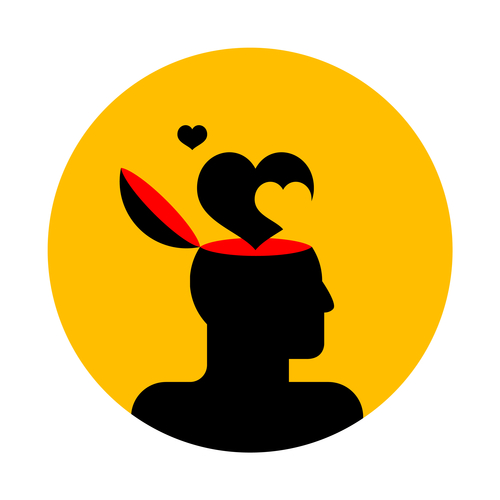Many soccer fans remember the 2006 World Cup Championship for the notorious head-butting incident. It resulted in French star Zinedine Zidane being ejected from the championship game with Italy. Consequently, the French team was reduced to 10 players and Italy prevailed in extra-time. The incident went down in sports history – last year marked 10-years from the original event. .
Supposedly, a remark uttered by the Italian victim Marco Materazzi triggered Zidane’s act. After the losing French effort, Zidane said, “I don’t regret anything that happened. There was a serious provocation and the guilty party is the one who provokes.” Allegedly, the Italian player uttered a derogatory statement that upset Zidane.
Contrast this ugly incident to the continual, overt harassment experienced by the late Jackie Robinson. He became the first African American ballplayer to crack into the major leagues in 1947 when the Brooklyn Dodgers called him up. Unlike Zinane, Robinson ignored loud and frequent taunts in addition to death threats with grace and dignity. He went on to become the National League’s most valuable player and also set fielding and batting records.
The 5 competencies of emotional intelligence
Some would say that unlike Zinane (whose lifetime record indicates 14 additional ejections), Robinson possessed a high degree of emotional intelligence. Emotional intelligence has five competencies or skills, according to psychologist Daniel Goleman:
- The ability to identify and name one’s emotional states and to understand the link between current emotions and future consequences.
- The capacity to manage one’s emotional states and to shift undesirable emotional states to more appropriate ones.
- The ability to enter into emotional states at will that are associated with success and achievement.
- The capacity to read and understand other people’s emotions.
- The ability to enter and sustain satisfactory relationships even with those who initially appear antagonistic.
Robinson’s emotional intelligence propelled him to triumph over adversity and scorn. He later became the first African American inducted into the Baseball Hall of Fame. Zidane’s lack of emotional intelligence propelled him to an early retirement and notoriety
Certainly, many of us can reflect on a personal incident or outburst in our life which resulted in a negative consequence. Examples might include marital discord, loss of a friendship or perhaps a job action. The good news, according to Dr. Goleman, is that one can cultivate and develop emotional intelligence to a high level. To do so, one must honestly review and assess one’s behavioral reactions to negative “provocations” (to use Zidane’s term) and learn to intelligently respond rather than instinctively react.
Note to employee Members of ESI EAP: If you are experiencing unresolved anger that you just can’t seem to control, we invite you to contact your EAP.. You too can attain the insights and emotional intelligence that will propel you to a successful personal and professional life! Please feel free to call and discuss your situation in complete confidence today

